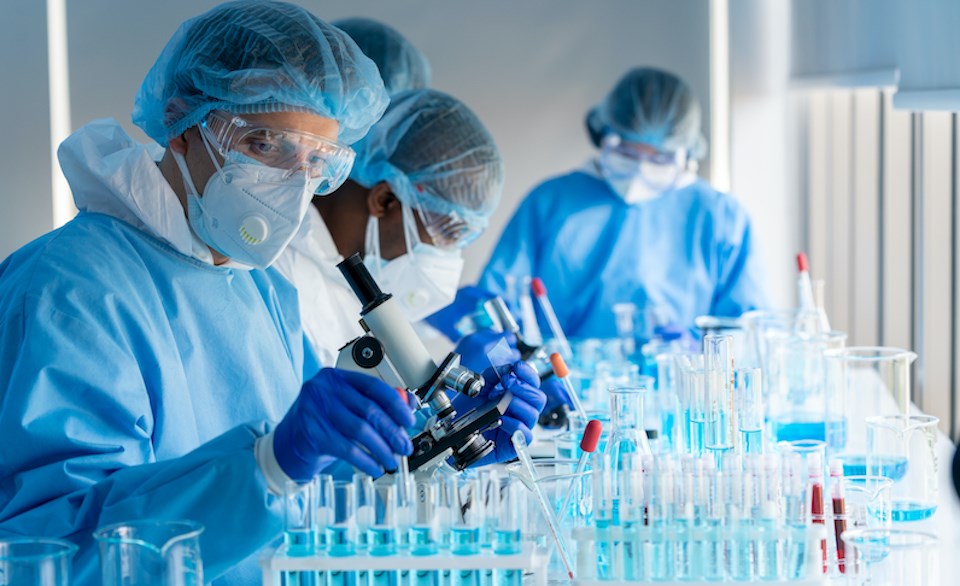The first case of monkeypox in B.C. has been confirmed in Vancouver.
The BC Centre for Disease Control (BCCDC) announced Monday (June 6) that the first case of the rare virus has been confirmed in the province through laboratory testing, explains a news release. It is awaiting confirmation from the National Microbiology Laboratory.
The individual lives in Vancouver and Vancouver Coastal Health (VCH) is conducting public health follow-up.
Since May, over 700 cases of monkeypox have been confirmed in non-endemic countries, with the lion's share in Europe. In Canada and the U.S., infections caused by a West African clade, which tends to cause mild disease, have also been diagnosed.
"While most, but not all, recent global infections are among young men who identify as men who have sex with other men, the virus can affect anyone through close person-to-person contact," noes the BCCDC.
How is monkeypox transmitted? Can you die from monkeypox?
Monkeypox is spread from person to person through contact with sores and items like bedding or towels that have the virus on them. It can also spread through respiratory droplets from coughs and sneezes during prolonged close, face-to-face contact with a person who has monkeypox. While the virus is not known to transmit through semen, vaginal or rectal fluids, it does spread through close contact during sexual activity.
It comes from the same family of viruses as smallpox. Most people recover from monkeypox within weeks, but the disease is fatal for up to 1 in 10 people, according to the World Health Organization (WHO).
Monkeypox symptoms typically begin with a flu-like illness and swelling of the lymph nodes, followed by a rash on the face and body. In Africa, people have been infected through bites from rodents or small animals, and it does not usually spread easily among people.
Similar to COVID-19, medical health professionals use a Polymerase chain reaction (PCR) test for patients who they suspect have the monkeypox virus.
"For this, optimal diagnostic samples for monkeypox are from skin lesions – the roof or fluid from vesicles and pustules, and dry crusts," explains the WHO.
Is there a monkeypox vaccine?
Canada has a vaccine that provides protection against the monkeypox virus.
"It can be used to manage [the] spread of monkeypox and prevent serious illness in people who have been exposed," explains the BCCDC, noting that it does not benefit someone who is already infected.
The risk of monkeypox to the general public is very low, advises the BCCDC. There is no need for the general public to get vaccinated.
If you have been exposed to the virus, monitor for symptoms. Symptoms can present from five to 21 days after exposure. If you develop symptoms, visit a health care professional. Wear a mask and cover the lesions, and inform the clinic ahead of time of the reason for your visit. Limit close contact, including sexual contact with others.
Learn more about the spread of monkeypox with a local expert.




